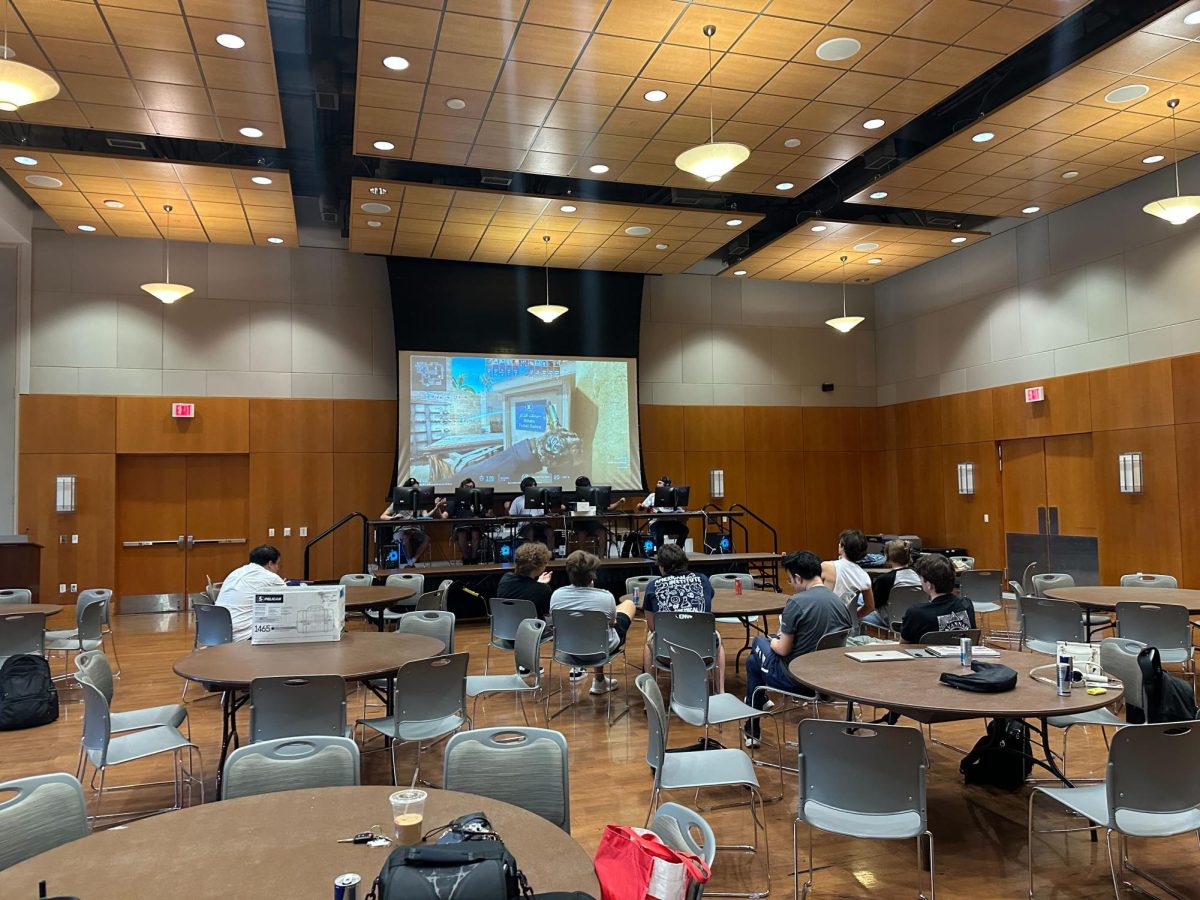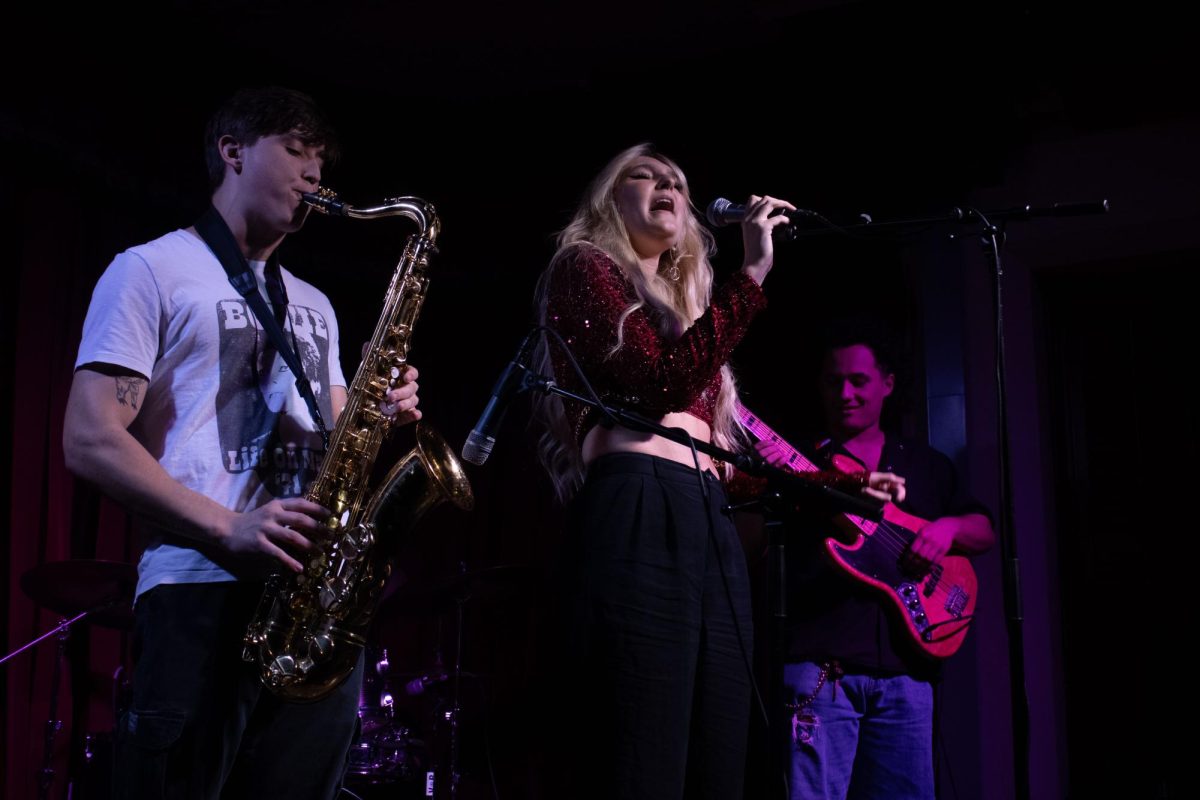[Updated on Sep. 28 at 9:29 a.m., corrected album names]
From the abrasive experimentalism of “Art of Almost,” to the somber acoustic release of “Sunday Morning,” Wilco’s new album The Whole Love is a statement about what Wilco is and always has been: a band that hates to be defined. Coming from another band, the record might be called unfocused, but for Wilco, a group critics have alternately dubbed country rock, experimental and “dad rock,” it marks a brilliant return to form.
After making a name for itself with the innovative, dissonance-cloaked indie-pop of A Ghost is Born, Wilco perplexed fans and critics with the refreshingly simple Sky Blue Sky and then flat out disappointed them with their most recent self-titled album.
The Whole Love isn’t another A Ghost is Born, but — unlike in their last two albums — the group’s avant-garde tendencies are subtly present here. Distortion swells and weird riffs add depth to songs that evoke the best of Wilco’s folk days and of their first indie-rock record Summerteeth. Every song, even the first track, “Art of Almost,” which seems more an experimental statement than a coherent song, has something to like about it.
After guitarist Nels Cline gets some high-voltage riffing out of his system, the album finds its groove with the catchy second track, “I Might,” and keeps rolling through “Sunloathe,” which channels some of the spookier moments of Abbey Road and “Dawned on Me,” an upbeat indie-rock tune that evokes prior hits such as “Heavy Metal Drummer.” After the solemn folk song “Black Moon,” the record reaches a high point at “Born Alone.” With its catchy melody and gibberish lyrics, the song’s chorus is as infectious and meltingly sweet as any of the best indie-pop moments on Summerteeth.
At times, the second half of the album sounds like a tribute to Wilco’s folk era, but the band’s intervening years are present even during the straightforward folk rock of “Open Mind” and “Capitol City.” In the musical outro of 12-minute folk opus “Sunday Morning,” a soft, jazzy guitar lick from Cline summons up a swell of muffled distortion, and an insistent, tinkling piano line phases in, driving the song into the bittersweet resolution of its unifying acoustic riff. This song shows front-man Jeff Tweedy at his best, and, were it the last song Wilco ever produced, fans could die happy.
The album isn’t consistently amazing — songs such as “Rising Red Lung” and “Standing O” don’t dazzle — but it’s good throughout and contains moments of folk, rock and pop brilliance. After their last dud of an album, Wilco has gotten back to doing what has made them one of America’s most interesting rock bands in the last decade. They have released an album full of great rock songs made better by surprising, ingenuitive musicianship.
Printed on Wednesday, September 28, 2011 as: Wilco's frsh album integrates elements from diverse genres

















